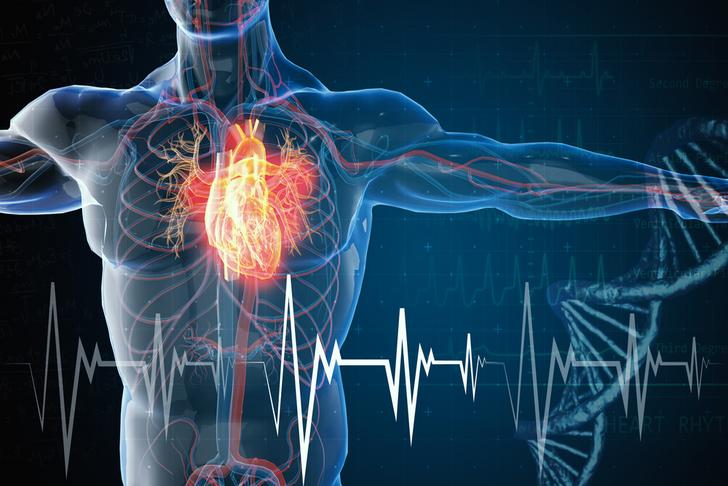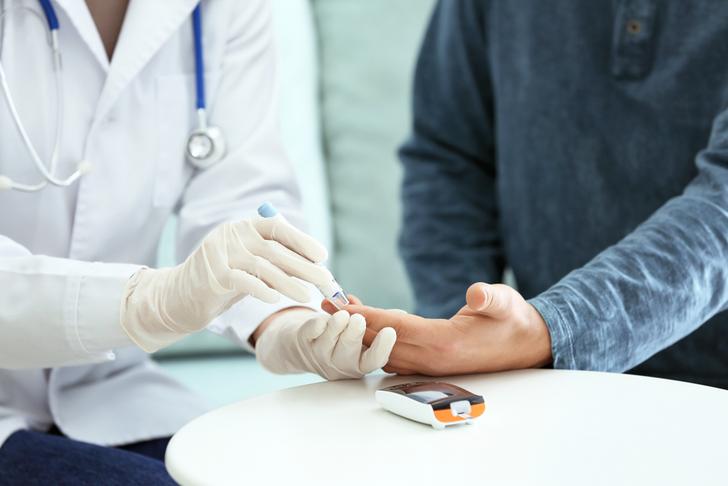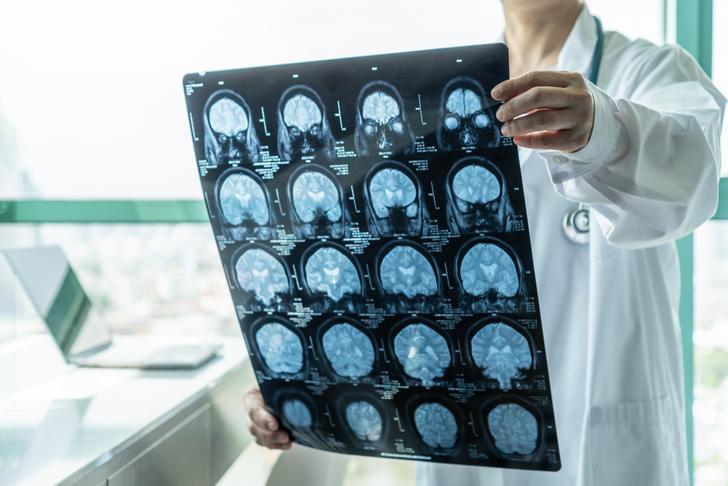10 Causes of Erectile Dysfunction
Erectile dysfunction (ED) is a common condition that affects millions of men worldwide. It is characterized by the inability to achieve or maintain an erection sufficient for sexual intercourse. While occasional erectile difficulties are not uncommon, persistent problems can have a significant impact on a man’s self-esteem, relationships, and overall quality of life. This article explores 10 common causes of erectile dysfunction, from psychological factors to physical conditions, and how they can impact sexual performance.
Psychological Factors
Stress, anxiety, and depression can all contribute to erectile dysfunction. These psychological factors can interfere with the brain’s ability to send the necessary signals for an erection to occur. In some cases, ED may be an early warning sign of an underlying mental health issue that requires treatment[[1]].

Advertisement
Cardiovascular Disease
Cardiovascular disease can damage blood vessels and impair blood flow, which is essential for achieving and maintaining an erection. Conditions such as high blood pressure, high cholesterol, and atherosclerosis can all contribute to erectile dysfunction[[2]].

Advertisement
Diabetes
Diabetes can cause nerve damage and blood vessel damage, both of which can lead to erectile dysfunction. Men with diabetes are more likely to experience ED than those without the condition[[3]].

Advertisement
Obesity
Obesity is a risk factor for many health conditions, including erectile dysfunction. Excess weight can contribute to poor blood flow, hormonal imbalances, and other factors that can impair sexual function[[4]].

Advertisement
Hormonal Imbalances
Hormones play a crucial role in sexual function, and imbalances can lead to erectile dysfunction. Low testosterone levels, thyroid disorders, and other hormonal issues can all contribute to ED[[2]].

Advertisement
Neurological Disorders
Neurological disorders such as Parkinson’s disease, multiple sclerosis, and spinal cord injuries can interfere with the nerve signals required for an erection. Men with these conditions may experience erectile dysfunction as a result[[1]].

Advertisement
Medications
Certain medications can cause erectile dysfunction as a side effect. Antidepressants, blood pressure medications, and some treatments for prostate conditions are among the drugs that can contribute to ED[[2]].

Advertisement
Alcohol and Drug Use
Excessive alcohol consumption and drug use can interfere with sexual function and contribute to erectile dysfunction. Alcohol can depress the central nervous system, while drugs such as cocaine and marijuana can impair blood flow and nerve function[[1]].

Advertisement
Tobacco Use
Smoking can damage blood vessels and restrict blood flow, which can lead to erectile dysfunction. Men who smoke are more likely to experience ED than nonsmokers[[4]].

Advertisement
Sleep Disorders
Sleep is essential for overall health, and sleep disorders such as sleep apnea can contribute to erectile dysfunction. Poor sleep can disrupt hormone levels and impair the body’s ability to function properly[[2]].
In conclusion, erectile dysfunction can have a variety of causes, ranging from psychological factors to physical conditions. Understanding the underlying cause of ED is crucial for determining the most effective treatment options. If you are experiencing erectile dysfunction, it is important to speak with a healthcare professional to discuss your symptoms and explore potential solutions.

Advertisement
Symptoms
Here are some common symptoms of erectile dysfunction:
Difficulty getting an erection: This might occur infrequently or increasingly over time.
Difficulty maintaining an erection: Some men can get an erection but lose it before or during sexual intercourse.
Reduced sexual desire: Some men with ED also lose interest in sex.
If these symptoms occur regularly, it’s recommended to see a healthcare provider. ED can be a sign of an underlying health condition that needs treatment.
Advertisement
Treatments
Regarding treatments, there are several options available for managing erectile dysfunction. These include:
Lifestyle changes: Regular exercise, a healthy diet, quitting smoking, limiting alcohol, and avoiding illicit substances can improve erectile dysfunction in many cases. Reducing stress and getting enough sleep can also help.
Psychotherapy and counseling: If stress, anxiety, or depression is the cause, speaking with a therapist or counselor can be beneficial.
Medications: Oral medications such as sildenafil (Viagra), tadalafil (Cialis), vardenafil (Levitra), and avanafil (Stendra) are often the first line of treatment. They enhance the effects of nitric oxide, a natural chemical in the body that relaxes muscles in the penis and increases blood flow.
Vacuum devices: These devices can increase blood flow to the penis, allowing for an erection.
Surgery: In some cases, implants or vascular surgery can be options. Implants are usually the last option considered because they require surgery. Vascular surgery aims to improve blood flow to the penis.
Testosterone therapy: If a blood test shows that you have low testosterone levels, testosterone replacement therapy might be considered.
It’s crucial to discuss with a healthcare provider before starting any treatment, as they can guide you on the best course based on your situation and the underlying cause of the erectile dysfunction.
Summing up, erectile dysfunction is a condition that extends beyond the physical and can impact emotional well-being and interpersonal relationships. It can result from various factors, including psychological stressors, lifestyle habits, or underlying health issues. Manifesting mainly as difficulty in achieving or maintaining an erection or reduced sexual desire, these symptoms should not be overlooked. Regular occurrences necessitate consultation with a healthcare provider, as ED can indicate more severe health conditions requiring medical attention.
The pathway to managing erectile dysfunction begins with understanding its root cause. This understanding, gained through open dialogue with a healthcare provider, paves the way for effective treatment options tailored to individual circumstances. Treatment can take various forms, from lifestyle modifications and counseling to medications and surgical interventions.
Advertisement
Conclusion
In conclusion, experiencing erectile dysfunction can be distressing, but it’s essential to remember that help is available. Transparency with healthcare providers is the first step toward managing this condition. With the appropriate treatment and a patient-centered approach, individuals can navigate toward improved sexual health and overall well-being.

Advertisement





